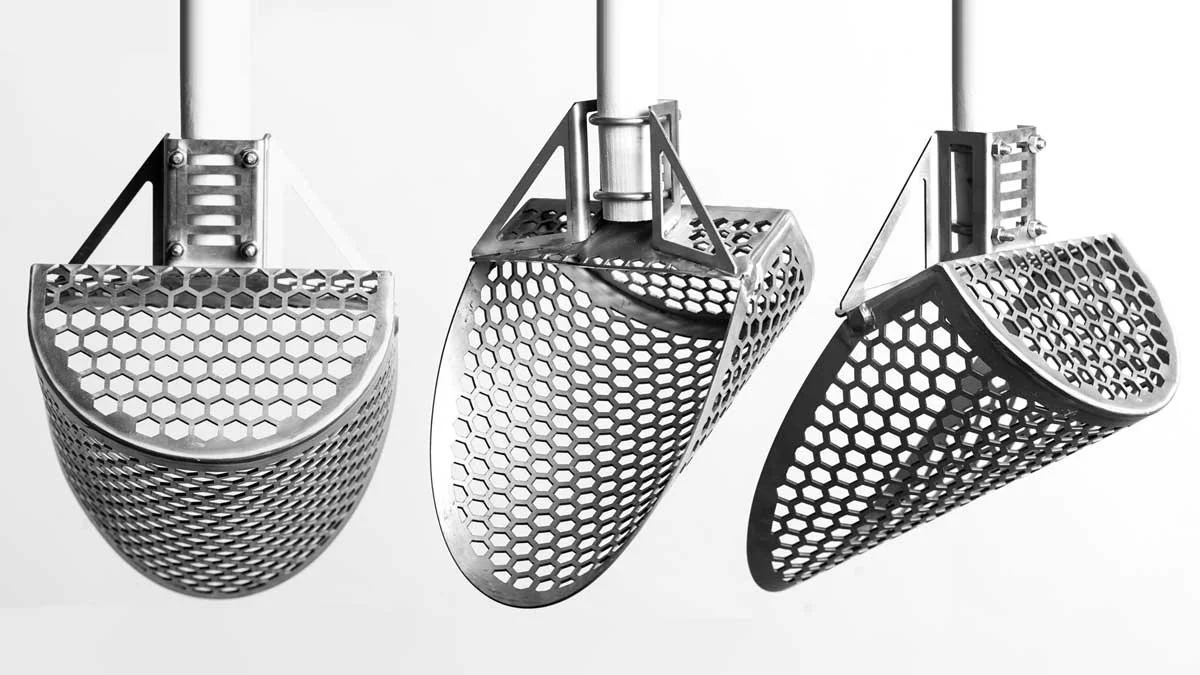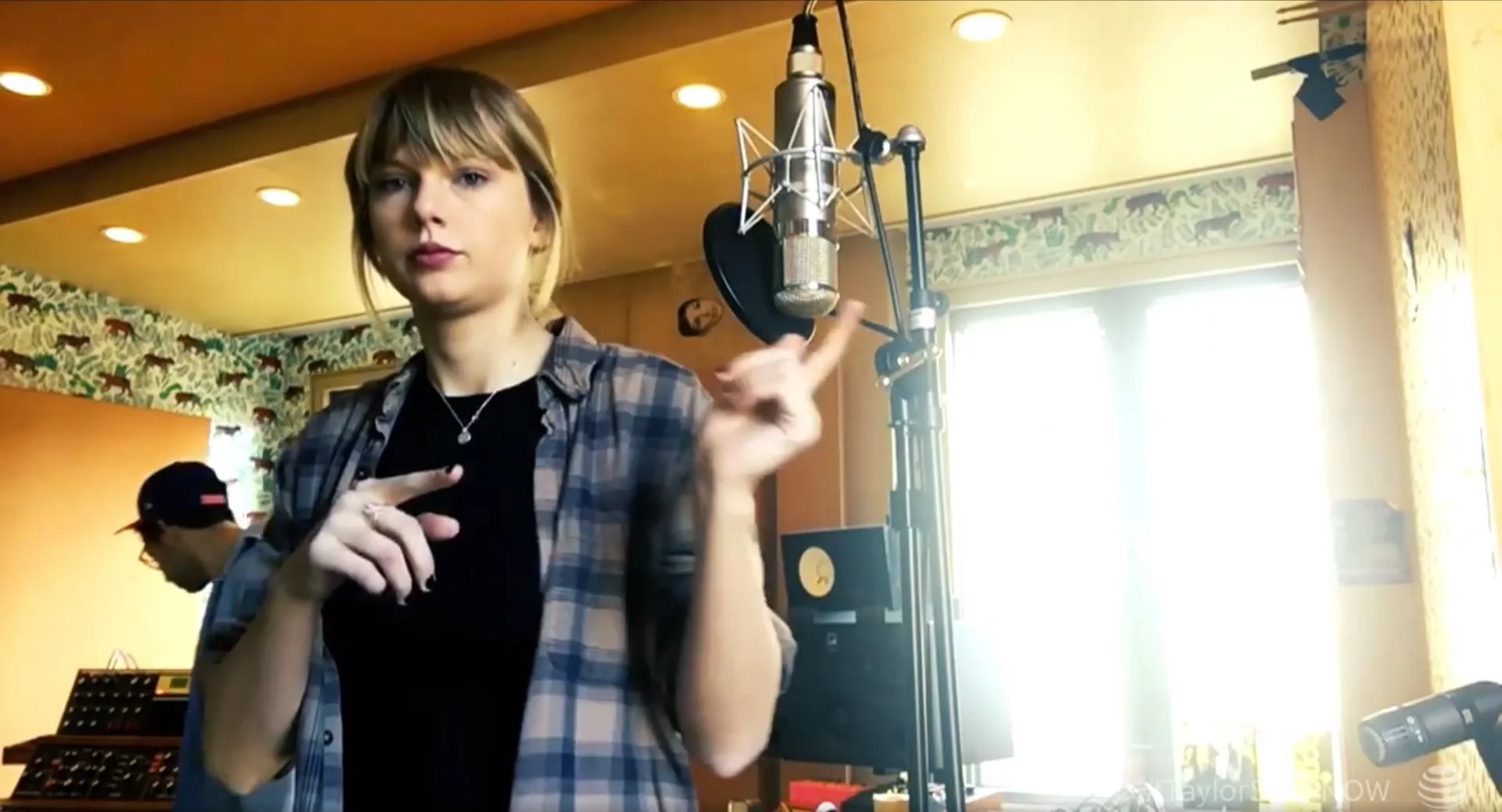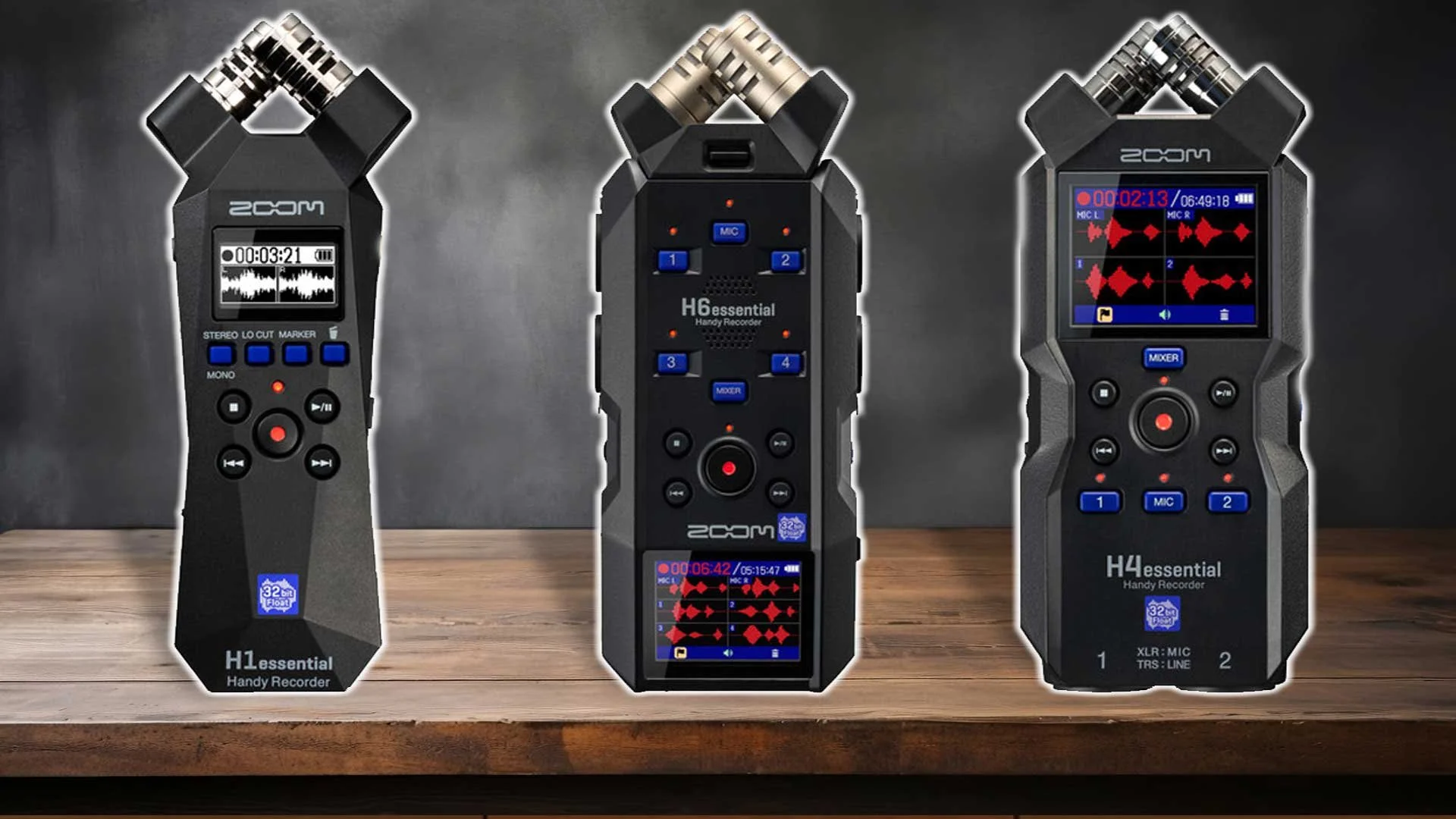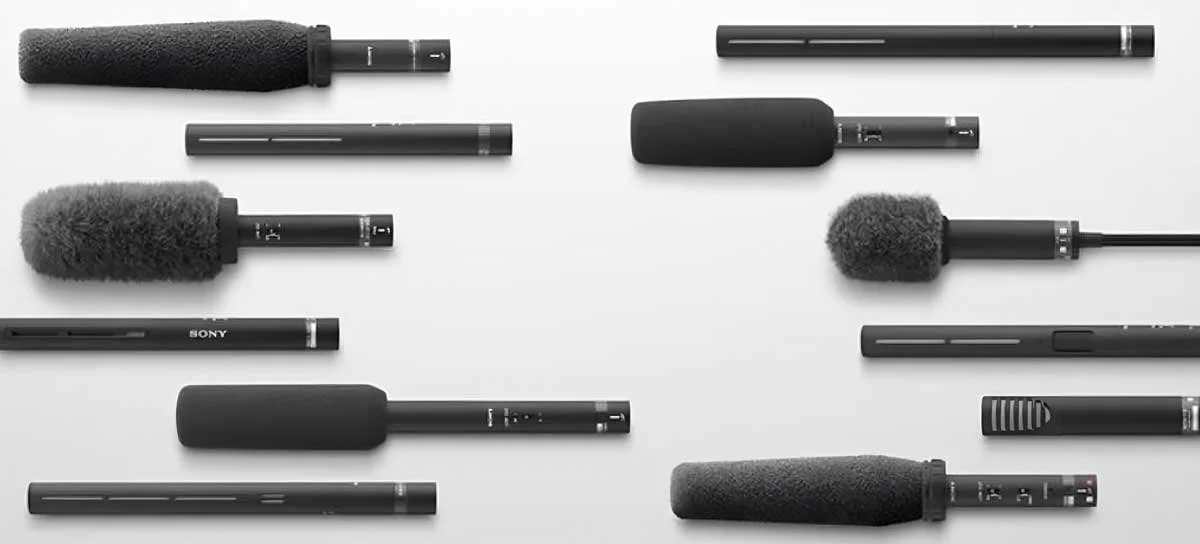What is Noise Pollution? (Sensitivity Quiz)
Learn what noise pollution is and how susceptible you are in this article!
“One day man will have to fight noise as fiercely as cholera and pest.” I’ll bet that people laughed at Robert Koch when he predicted this back in 1905, but I’m afraid he was right.
The world has always been full of noise but decibel levels are on the rise. In fact, things have gotten so loud that people are now suffering from noise-related stress, disease and illness.
In this article we will define noise pollution, determine the causes, examine the health concerns and find the solutions to this global issue.
Noise Sensitivity Quiz
What is Noise Pollution?
The definition of noise is “any unwanted sound that causes a disturbance.” Pollution is defined as “the presence of something that has harmful effects.” Putting the two definitions together gives us noise pollution: the presence of an unwanted sound that creates a distraction from the existing soundscape.
The interesting thing about this definition is that it is opinion based. What one person perceives as an unwanted sound may be enjoyable to another.
Think about someone whistling a song that you find annoying. To the whistler, they are creating music. To the listener, all they hear is noise pollution.
Things that make noise pollution especially unbearable:
loud
repetitive
inescapable
Causes of Noise Pollution
Despite noise pollution being opinionated, the vast majority of people tend to agree on one thing: natural sounds are more relaxing than human-made ones; thereby, human-made sounds cause more distraction and are sources of noise pollution.
Take a moment and think about sounds in your environment that disturb the peace. I’m willing to bet that birds, rain and wind aren’t high on your list.
Most Common Sources
Aircraft - planes, and jets are the most difficult forms of noise pollution to avoid. With people constantly flying for work, vacation and convenience, almost the entire Earth is subjected to their noise. In fact, an average day sees 145,000 flights, that’s over a million flights in just one week!
Vehicles - vehicles are the second most common form of noise pollution. Unlike aircraft, cars are more easily avoided since they are limited to roads. If your subject allows for it, try distancing yourself from any roads.
People - people are a major source of noise pollution. All forms of noise pollution we’ve covered so far are caused by people. As if that’s not bad enough, people themselves are walking, talking noise-making machines!
Machines - last, but certainly not least, are machines. This is a catch-all category that encompasses everything that beeps, buzzes, rumbles, and bangs. All of these machines can be sources of noise pollution.
Related Article: Best Recording Times To Avoid Noise Pollution
Negative Effects of Noise Pollution
You probably already know that exposure to extremely loud sounds can cause hearing damage; but did you know that much quieter noises can also cause health problems?
Modern science is focusing on the long-term effects of low-intensity noise exposure and what they are finding is shocking. Exposure to environments that average just over 50 dB can be detrimental. For reference, 50 dB is about the loudness of a normal conversation.
Prolonged exposure to these levels can lead to:
increased stress and cortisol levels
sleep disturbance
hypertension
What You Can Do
Noise can be debilitating for some people. At times, it can seem inescapable. If this sounds like you, there is hope! Below is a list of things you can do to create more peace in your life.
Wear noise-cancelling headphones- One of the more practical solutions on this list, wearing noise-cancelling headphones will greatly reduce irritations caused by noise pollution. The Apple AirPod Pros offer good passive and active noise cancellation.
Sleep with ear plugs- If you live near a busy road or airport, your sleep is most likely being disturbed whether you wake up or not. Wearing a pair of ear plugs can alleviate this nightly stressor, giving you better sleep and more energy when you wake.
Spend time in nature- Often, our stress-response to noise pollution is caused by a build-up that pushes our tolerance over the edge. Think of it as the straw that broke the camel’s back. Activities that reduce stress can allow increased noise tolerance. Spending time in nature is one of the best (and free) ways to relax.
Listen to nature sounds- If you don’t have the ability to physically experience nature, listening to nature recordings can be beneficial. Research has shown that listening to natural sounds for just 5 minutes can decrease stress, relieve anxiety, and lower your heart rate. Click here to listen to my nature recordings.
Create less noise- To help out others who are also sensitive to noise pollution, do your part and contribute less to the cacophony of noise! Since traffic and planes are the most common sources of noise pollution, the biggest impact you can make is to take less flights and make your next car a hybrid or fully electric model.
Smaller things you can do is to replace gas powered machines with electric ones. Electric lawn mowers are a thing and can make a huge difference in your neighborhood!
Change your attitude- If none of the techniques above work for you, try changing your attitude. Since noise pollution is opinionated, if you can change the way you perceive noise, you can change the way it affects you.
The next time you are distracted by a sound, try thinking of it as just another part of the environment. Accept it as something that you cannot change. It is out of your control and that’s okay. As you repeat these phrases, take deep, calming breaths. If you continue this practice, you will become more resilient to noise pollution.
Do research- If all else fails, do your research before you purchase your next home. Look up local air traffic patterns, main roads and highways, and nearby nature to make sure that your next home is setup for peace and quiet.
Final Thoughts
No matter how sensitive you are, noise is something that affects us all. As our world continues to get louder, more and more people are beginning to suffer and seek peace.
I believe that this peace stems from nature and see a direct correlation between deforestation and average global decibel levels.
Let us act together and take a stand for quiet! Gather your like-minded friends and people in your community and work with your town to pass local noise ordinances. Here is a fantastic resource on how to get started.
Support Acoustic Nature
If you enjoyed this post and would like to help support Acoustic Nature, please consider "buying me a coffee" or becoming a Patreon with the buttons below.
As a thank you for your support, Patreon supporters receive a copy of Field Recording For Beginners, exclusive access to the full Behind The Sounds video series, nature sound library downloads, and more.
If you are unable to support the site financially, please share this post with others, or leave a comment below letting me know you enjoyed this post! Both are free and help the website grow. Thank you ♫
Thanks for reading,
-Jared
